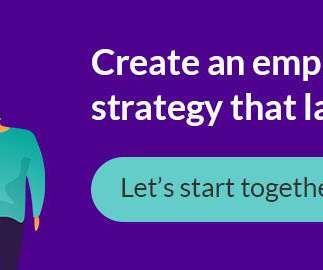Employee wellness matters: Exploring the benefits of health insurance
Higginbotham
AUGUST 10, 2023
If you own or manage a business, you know how important it is to make the well-being of the company’s employees a top priority. In the 1950s and 60s, technology companies began to experiment with employee wellness benefits by creating fitness programs for their employees. In a 2020 survey of large U.S.





















Let's personalize your content